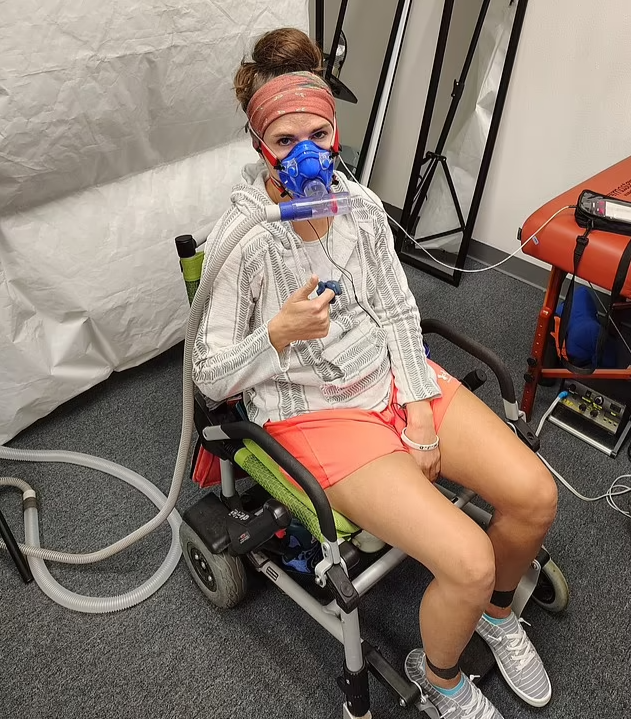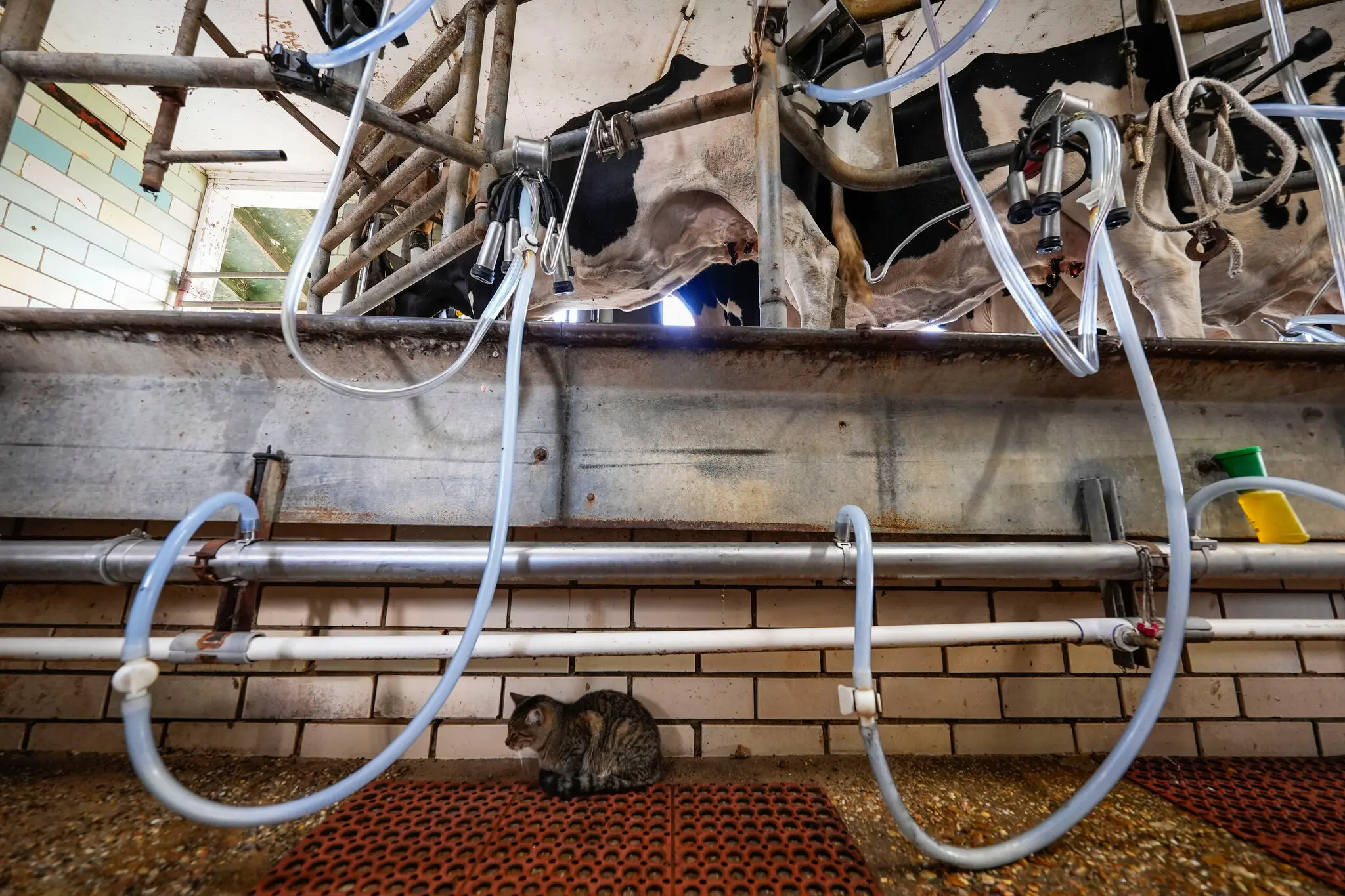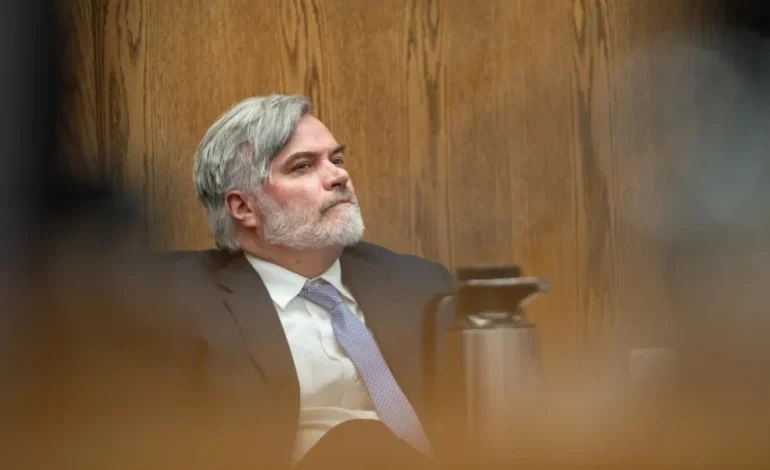Wyoming has officially filed an appeal to defend its near-total abortion bans, setting the stage for a significant legal battle that could take nearly a year to resolve.
On Friday, Nov. 22, the state appealed to the Wyoming Supreme Court, days after a Teton County district judge ruled that abortion is healthcare and therefore protected under the state constitution.
The state must submit its brief by Jan. 6, likely arguing that abortion does not qualify as healthcare under the Wyoming Constitution. The plaintiffs, a coalition of abortion access advocates, will respond with their own brief, reinforcing the judge’s earlier decision. The state will then have an opportunity to file a reply.
This briefing phase is expected to conclude by mid-March. Following that, the five-member Wyoming Supreme Court will schedule oral arguments, which will be public and livestreamed. The court will have 120 days after the hearing to issue its decision, potentially delivering a final ruling by early fall 2024.
The appeal centers on two laws passed by Wyoming’s Republican-controlled Legislature in 2023:
- The Life is a Human Right Act, which bans nearly all abortions but allows exceptions for rape, incest, or serious health risks to the pregnant woman.
- The Medical Abortion Ban, which prohibits the use of abortion pills.
Both laws have been tied up in litigation and have not gone into full effect due to ongoing legal challenges.
For now, abortion remains legal in Wyoming while the appeal is pending. However, state lawmakers could introduce additional abortion restrictions during the upcoming legislative session in January, adding further complexity to the legal landscape.
The case will test the constitutionality of the state’s abortion laws, with the Wyoming Supreme Court’s ruling likely to have significant implications for reproductive rights in the state. As the legal process unfolds, the public will have the opportunity to follow developments closely through the court’s livestreamed oral arguments.








